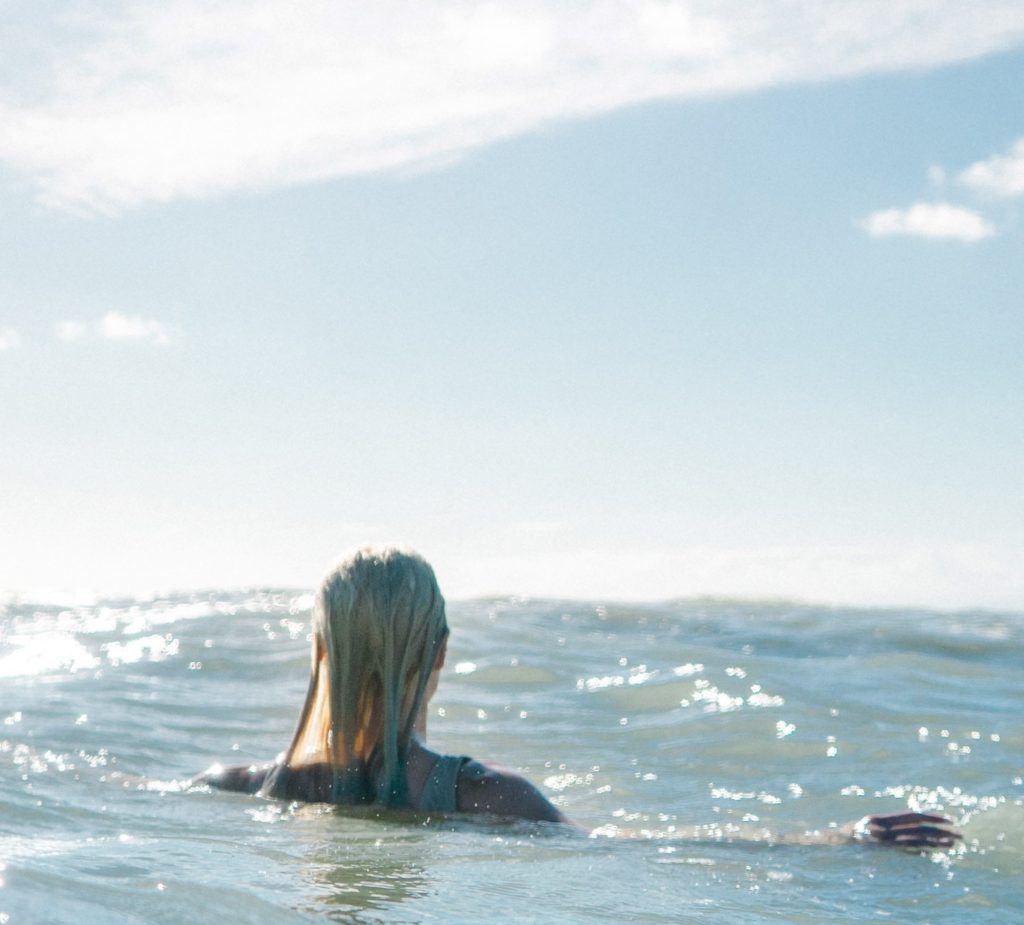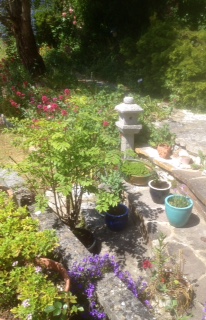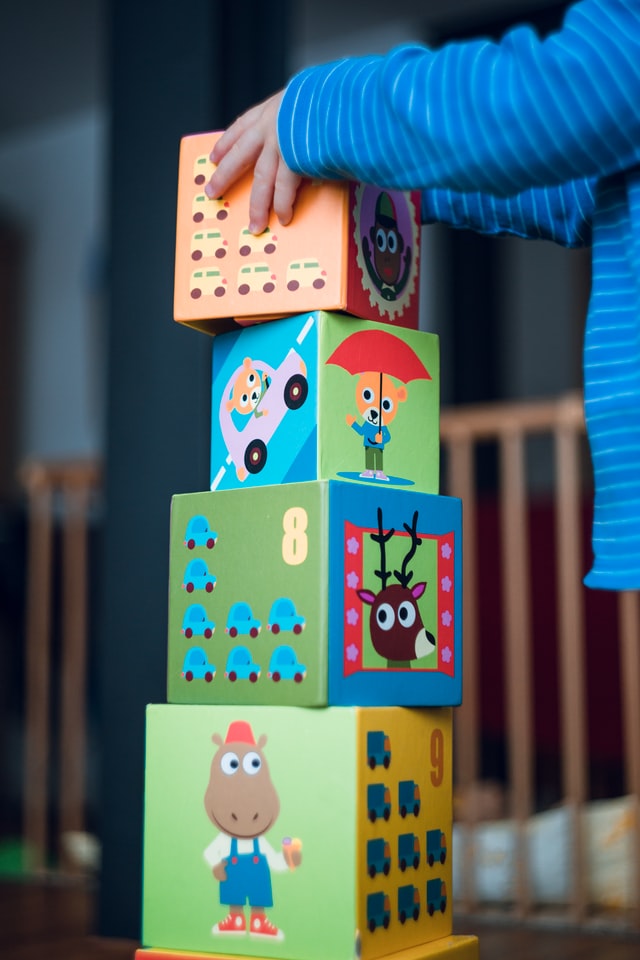Morning has broken like the first morning
Blackbird has spoken like the first bird
Praise for the singing
Praise for the morning
Praise for them springing fresh from the world
Eleanor Farjeon
Morning song
As a child, this was one of my favourite hymns, which I sang joyfully in assembly. The message was simple – mornings represented everything good. They were an opportunity for fresh starts and new adventures and I greeted them with excitement each day.
As I grew older, mornings became something that were met with dread: the teenage horror of getting up early for school; the six am feed when the baby had been awake all night; the crushing exhaustion as my MS insidiously shortened my days.
Now, I have returned to my childhood joy of greeting the morning. My sleep has been restored (I shall explain how in a later blog) and each day really is a blessing. So when I was up and enjoying my first mug of hot water and mindfully observing the garden in the sunshine, it was this song that came to mind.
Inspired by my favourite village, Alfriston, and the melody based on a traditional Scottish Gaelic tune ‘Bunessan’, it is perhaps not so surprising that it speaks to me.
Here’s the Cat Stevens’ version to get you into the mood.
Reclaim the light
It seems that mornings have fallen out of favour. After scrolling through three Google pages, expecting to find all sorts of fascinating facts and rituals based upon morning, I found only articles on the meaning and etymology of the word and the wonderfully droll comment, that ‘There is no ‘urban’ definition for morning because the type of people who speak ‘urban’ do not know what morning is.’
Out of the mouths of babes and urban dictionaries. As we’ve detached ourselves further and further from the natural cycles of day and night, the morning has become insignificant or an irritant to our busy man-made, artificially lit days.
It is time to reclaim the morning. It is, after all, the perfect moment to set our minds and bodies into balance. Grabbing a coffee and rushing to work does the opposite. We are wrong footed from the start and the subsequent hours are likely to be harried and stressful.
The solution is as simple as setting the alarm ten or fifteen minutes earlier and trying to keep to that schedule throughout the week – including weekends. I am not suggesting you get up at dawn (though I know some who do) but to ease yourself into rising at a slightly earlier hour. In doing so, we buy ourselves the most precious of commodities: time.
Since I have been getting up earlier, I have been able to indulge in quiet mindfulness. On Sunday morning, I sat for at least half an hour watching the garden come to life, listening to birdsong and the hum of bees in the lavender; watching the elegant duet of tiny butterflies in the marjoram and seeing the sleepy heads of the golden ragwort-like flowers gradually straighten and release their petals.
I do this each day and there are always blessings to be found. One day a giant dragonfly came and looped across the sky, another a long legged cricket hopped by my feet and today a tiny mouse was skittering across the back of the bench where I was sitting. Without stillness, without calm, such miracles will never be witnessed.

Making the most of ‘free’ time
The extra time has also allowed me to do the exercises I need to optimise my health. The yoga and breathing takes about an hour, but this does not matter, because it is ‘free time’ stolen from time in bed. And the beauty of this virtuous circle is that this activity is the very thing that ensures my sleep is deep and nourishing.
Recently, the weather has been kind and there are few things more delightful than practising yoga on a dewy lawn. When I do the pose, ‘Salute the sun’, that is exactly what I am doing. When I lie back on my mat, I do not have to envisage being connected to the earth – I am, literally.
And since I am self-isolating, it also gives opportunities to go out. There are not many people about at seven-thirty in the morning and my husband and I have used this to our advantage to go for early morning sea swims. We usually have the beach to ourselves. We can relax and enjoy the experience thoroughly, since we do not have that background hum of anxiety to spoil it.
All the religious disciplines I know of call for an early start to the day, beginning with prayer. For some of you, that may well be the path you choose, for others our prayers can be more secular, a sense of gratitude for our continuing lives and the opportunity to begin again afresh. But whatever you do, I encourage you to see it as a ritual; an act full of meaning and significance. Then you really will enjoy the morning’s blessings.
The blackbird is speaking: enjoy his song.


























